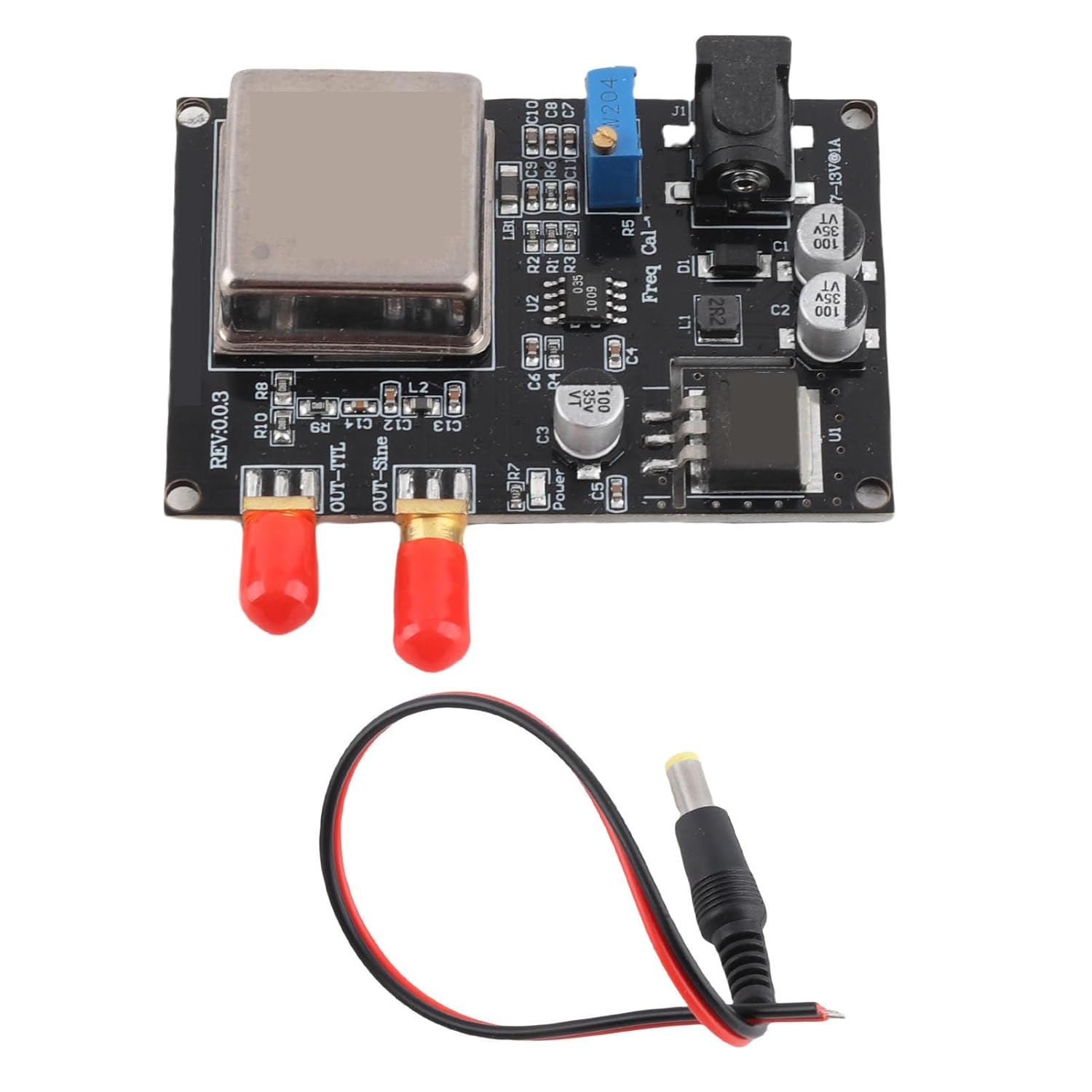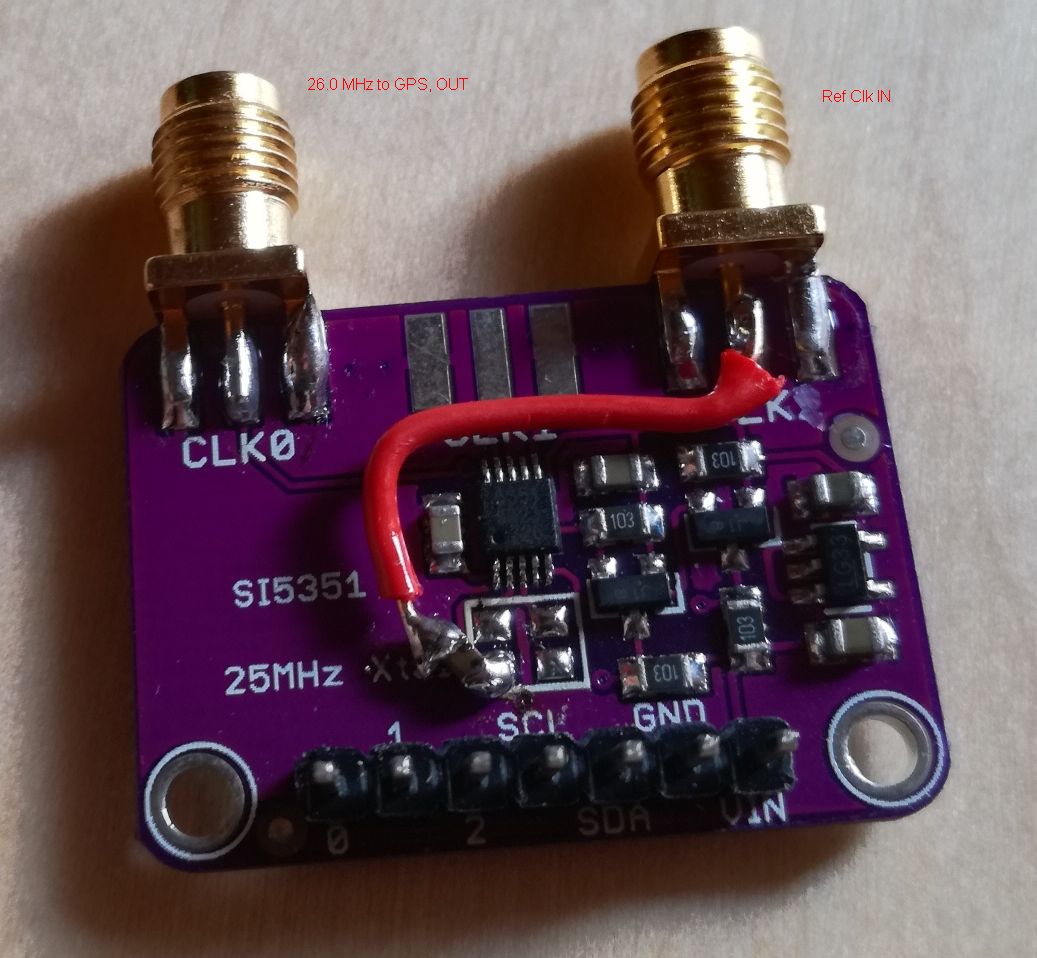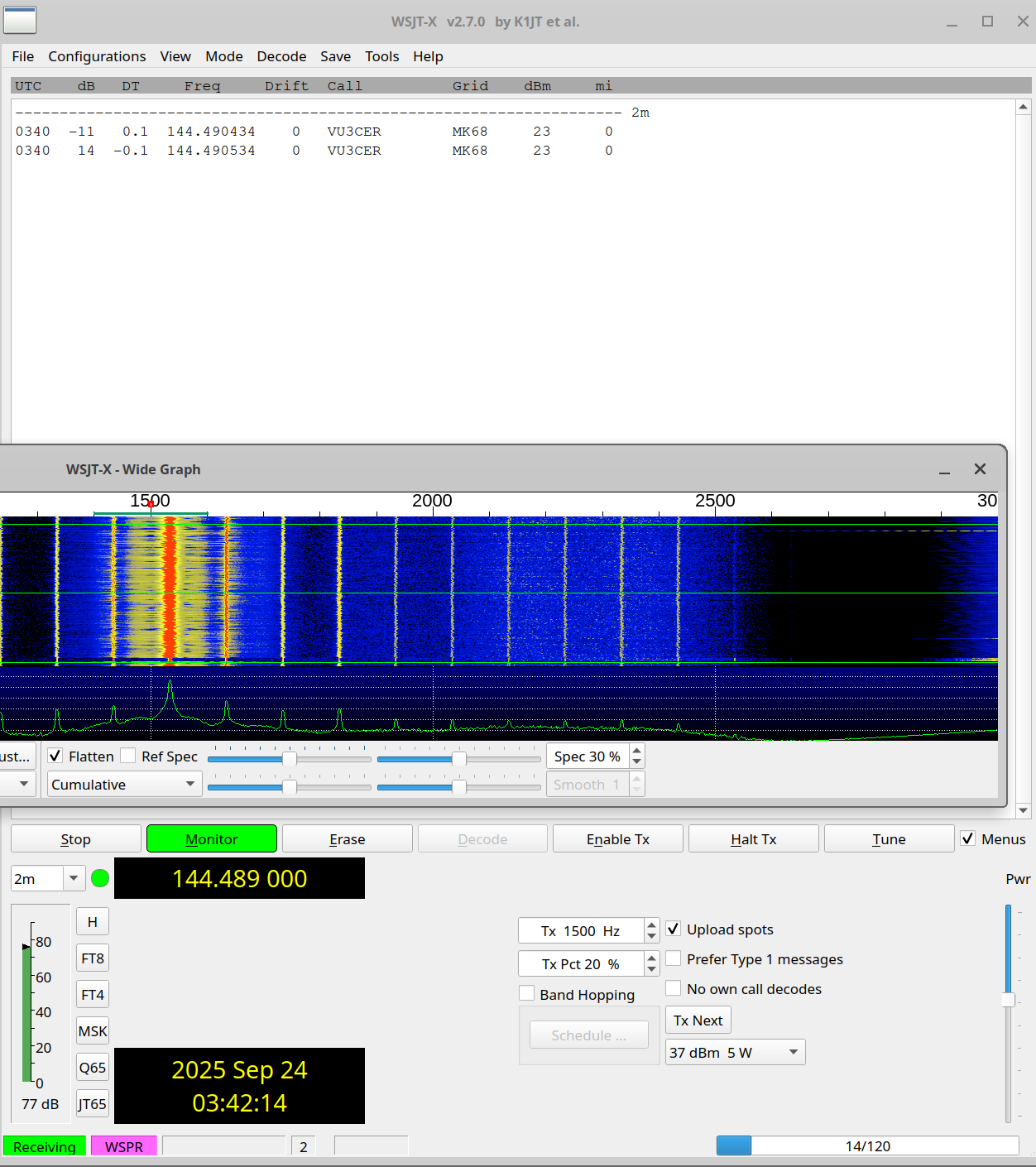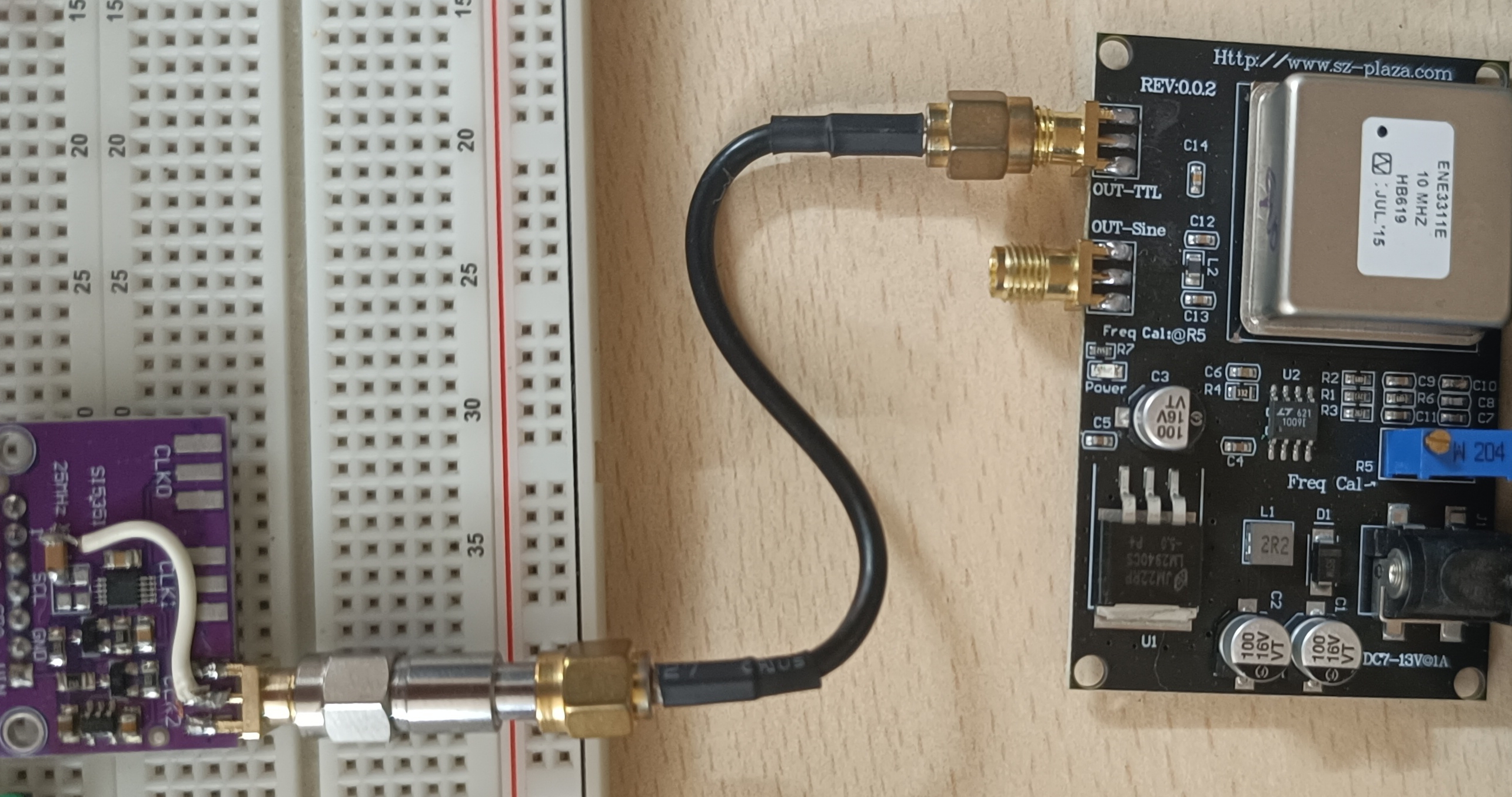OCXO's are awesome - this is what I learned while trying to get WSPR working reliably on the 2m band.
Hardware
Here is all you need for reliable WSPR'ing on the 2m band:

A RAW OCXO "can" works fine too!

Note: This modded Si5351 board image comes from SimonsDialogs. Essentially we are modding the CLK2 output port to become an input port which accepts the OCXO's output signal.
I didn't find modding the Si5351 board to be that easy - I had to bump the hot air workstation's temperature to 490 degrees (?!) to desolder the existing onboard quartz crystal. Designing a new, small PCB to put the OCXO and Si5351 together might be a good idea!
Note 2: I have connected a 6dB attenuator between the RAW output of the OCXO and the XA input pin of the Si5351 IC as I was not sure about the signal levels involved.
Demo screenshot:

The setup:

Now the 2m WSPR decodes aren't affected by the fan running, open windows with changing weather and so on 😅
Next challenge: Get WSPR to work on UHF (~433 MHz band). Oh, we also need to figure out a low-cost, non-linear VHF amplifier chain.
Code
Sample code:
// Runs on Raspberry Pi Pico (and 2). WSPR timing is done manually ;)
#include <Wire.h>
#include <si5351.h>
#include <Arduino.h>
#include <JTEncode.h>
// Si5351 stuff
Si5351 si5351;
int32_t si5351CalibrationFactor = 0; // This is automatically derived!
// long long frequency = 50295000 * 100UL; // 6m!
uint64_t frequency = 144490500ULL * 100LL; // 2m!!!
uint8_t tones[255];
int toneDelay;
int symbolCount;
int toneSpacing;
// WSPR properties
#define WSPR_TONE_SPACING 146 // ~1.46 Hz
#define WSPR_DELAY 683 // Delay value for WSPR
char call[] = "VU3CER"; // CHANGE THIS PLEASE!
char loc[] = "MK68";
uint8_t dbm = 23;
JTEncode jtencode;
void tx(uint8_t *tones) {
uint8_t i;
Serial.println("TX!");
digitalWrite(LED_BUILTIN, HIGH);
si5351.set_clock_pwr(SI5351_CLK0, 1);
si5351.output_enable(SI5351_CLK0, 1);
for (i = 0; i < symbolCount; i++) {
si5351.set_freq(frequency + (tones[i] * toneSpacing), SI5351_CLK0);
delay(toneDelay);
}
// Turn off the output
si5351.set_clock_pwr(SI5351_CLK0, 0);
si5351.output_enable(SI5351_CLK0, 0);
digitalWrite(LED_BUILTIN, LOW);
}
// Debug helper
void led_flash() {
digitalWrite(LED_BUILTIN, HIGH);
delay(250);
digitalWrite(LED_BUILTIN, LOW);
delay(250);
digitalWrite(LED_BUILTIN, HIGH);
delay(250);
digitalWrite(LED_BUILTIN, LOW);
delay(250);
digitalWrite(LED_BUILTIN, HIGH);
delay(250);
digitalWrite(LED_BUILTIN, LOW);
delay(250);
digitalWrite(LED_BUILTIN, HIGH);
}
void setup() {
int ret = 0;
// Setup I/O pins
pinMode(LED_BUILTIN, OUTPUT);
Serial.begin(115200);
// I2C pins
Wire.setSDA(16);
Wire.setSCL(17);
Wire.begin();
// Initialize the Si5351
ret = si5351.init(SI5351_CRYSTAL_LOAD_8PF, 10000000, si5351CalibrationFactor);
if (ret != true) {
Serial.println(ret);
led_flash();
watchdog_reboot(0, 0, 1000);
}
si5351.set_clock_pwr(SI5351_CLK0, 0); // safety first
// Prep for WSPR
jtencode.wspr_encode(call, loc, dbm, tones);
toneDelay = WSPR_DELAY;
toneSpacing = WSPR_TONE_SPACING;
symbolCount = WSPR_SYMBOL_COUNT;
}
void loop() {
tx(tones);
delay(10);
}
References: